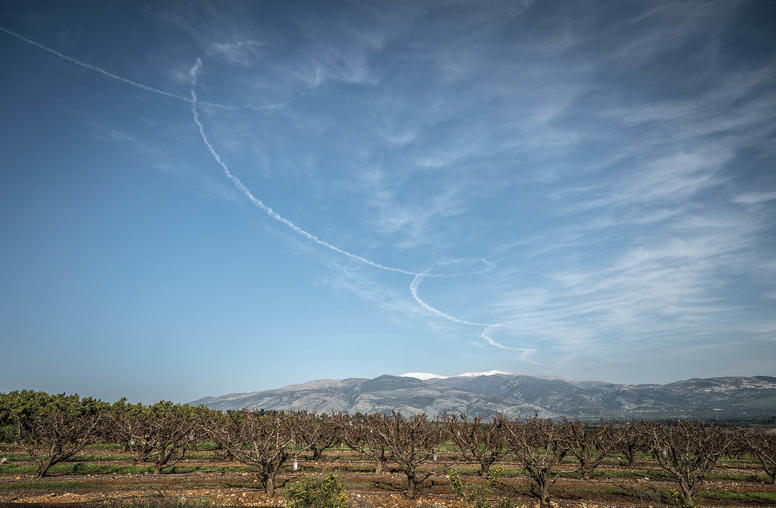Defeating ISIS was the singular goal of the Trump administration in Syria until the Assad regime provoked U.S. missile strikes with its use of sarin gas. The broadening of U.S. objectives, and extending military action in the country to include a direct hit on Syrian forces, could now complicate the fight against the Islamic State to a dangerous degree.

The most hazardous impediment might be the increased risk of confrontation between Russian and American aircraft. U.S. planes provide critical air support for Kurdish and other forces attacking ISIS in Syria, while Russian aircraft are in the skies bombing territory held by other rebel groups. The U.S. and Russia had established a successful communication channel to ensure their planes don’t intersect.
If Russia, as reported, has suspended this “deconfliction” mechanism, it’s likely American forces will operate with far more caution when flying against ISIS, delaying the liberation of Raqqa and other territories controlled by the extremists. Russia also has the advanced S400 anti-aircraft missile system in Syria, posing additional risk to U.S. planes providing air support to anti-ISIS fighters, in case of either misidentification or a mistaken perception of what an American aircraft is doing. The U.S. air assault also might prompt Iran to exert its own pressure on the United States on a number of fronts where both sides are involved, from Syria to Iraq to Yemen.
But it’s hard to know whether Russia or Iran would seek to inhibit U.S. forces countering ISIS, a common enemy. Having watched U.S. policy on Syria take a sharp turn in a matter of days, they may calculate that any provocation could lead to expansion of U.S. engagement to the detriment of their client, Syrian President Bashar al-Assad. So far, it appears the American air strikes are a reaction to a specific incident, not a change in U.S. strategy.
While the strikes may raise hopes of the Syrian opposition for further U.S. action, Secretary of State Rex Tillerson kept the focus on ISIS yesterday when he portrayed the attacks as a signal aimed, at least indirectly, at extremist groups, in addition to the Syrian government. The availability of a weapon like sarin gas in Syria’s chaotic conditions alongside the presence of ISIS and al-Qaida, poses an “existential threat” to the American homeland, he said.
The U.S. also will have to keep an eye on whether the strikes weaken Assad and what the effects of that would be. A fast crumbling of the regime without a ready alternative could ease advances by ISIS, al-Qaida-linked Hayat Tahrir al-Sham and other extremist groups, drawing the U.S. deeper into the Syrian conflagration.
That, in turn, could lead Russia, Iran, Turkey, and Saudi Arabia and the Gulf states to expand their involvement. With these nations’ overlapping and conflicting interests in the Syrian war, the possibility of an unwanted confrontation among any combination of forces cannot be discounted.



